Democratic Republic Of Congo The streets of Goma buzzed with anticipation and speculation as former president Joseph Kabila emerged from the shadows, making a public appearance in the city for the first time in weeks. His presence ignited a mix of hope, skepticism, and fear among the residents who have endured violence and unrest in eastern Democratic Republic of Congo.
The meeting between Kabila and local religious leaders not only marked his physical return to Goma but also symbolized his potential reentry into the region’s tumultuous political landscape. While Kabila remained silent during the gathering, Bishop Joël Amurani articulated the sentiments shared by many when he urged Kabila to assume a mediating role:
“As religious leaders, we told him to play the role of arbiter so that peace would return.”
Amani Safari, a gas seller in Goma, viewed Kabila’s reappearance as a glimmer of hope, emphasizing his Congolese identity:
“His arrival in Goma is good because he’s as Congolese as any of us. For us to have peace, we must go through him because he has a very good grasp of the problems the Congolese face.”
However, not everyone shared Safari’s optimism. Alexis Bauma expressed doubts about Kabila’s ability to bring an end to the conflict:
“I don’t think that today…he’s coming to end it.”
The specter of past grievances and allegations loomed large over Kabila’s return. The Senate’s decision to strip him of immunity signaled a potential reckoning for his actions during his presidency—an era marred by accusations of authoritarianism and power consolidation. Despite dismissing charges leveled against him as politically motivated, Kabila found himself at odds with President Félix Tshisekedi’s administration.
Accusations linking Kabila to rebel groups further complicated his resurgence on the political stage. The government alleged that he supported rebels backed by Rwanda—a claim vehemently denied by Kabila. Even amidst promises of truce between Congo’s army and rebel forces like M23, clashes persisted in regions like South Kivu province.
Kabila’s journey from a young president taking over after his father’s assassination to a figure entangled in complex power dynamics revealed deep divisions within Congolese society. His legacy remains contentious, with supporters hailing his leadership while critics decry his governance style.
As tensions simmered in Goma following Kabila’s high-profile appearance and with conflicting narratives surrounding his intentions swirling around, one thing was clear—the future trajectory of eastern Democratic Republic Of Congo hung precariously in the balance.


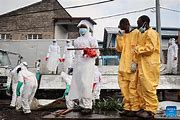
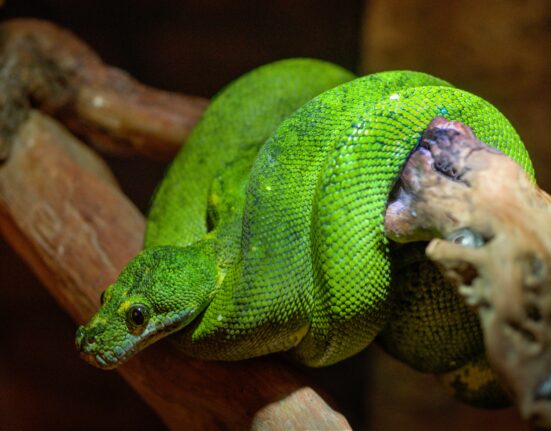
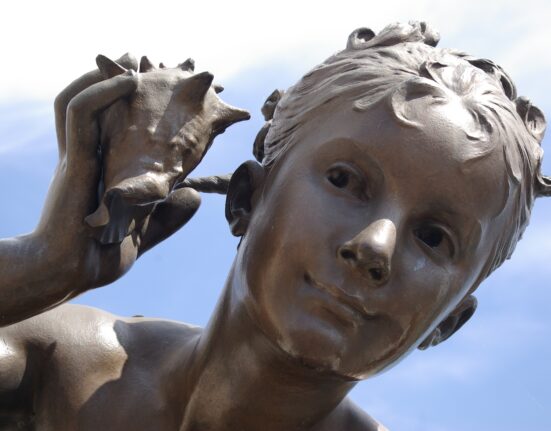

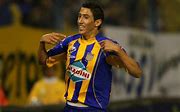

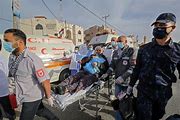
Leave feedback about this